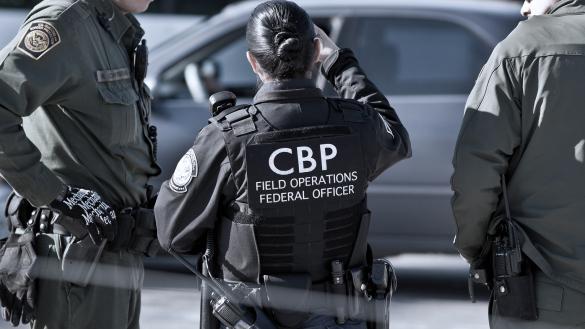The enforcement of immigration laws is a complex and hotly-debated topic. Learn more about the costs of immigration enforcement and the ways in which the U.S. can enforce our immigration laws humanely and in a manner that ensures due process.
Recent Features

Deportations of parents and family members have serious consequences that affect children and extend to communities and the country as a whole.

Expedited removal is a process by which low-level immigration officers can quickly deport certain noncitizens who are undocumented or have committed fraud or misrepresentation.

First-hand accounts from Central American women and their family members reveal the dangerous and bleak circumstances of life these women and their children faced upon return to their home countries, as well as serious problems in the deportation process.

Many children are placed in deportation proceedings before an immigration judge, where they will carry the legal burden of proving that they should be allowed to remain in the United States. The government does not guarantee them the right to a lawyer. As a result, many children navigate the complicated system without legal representation.



